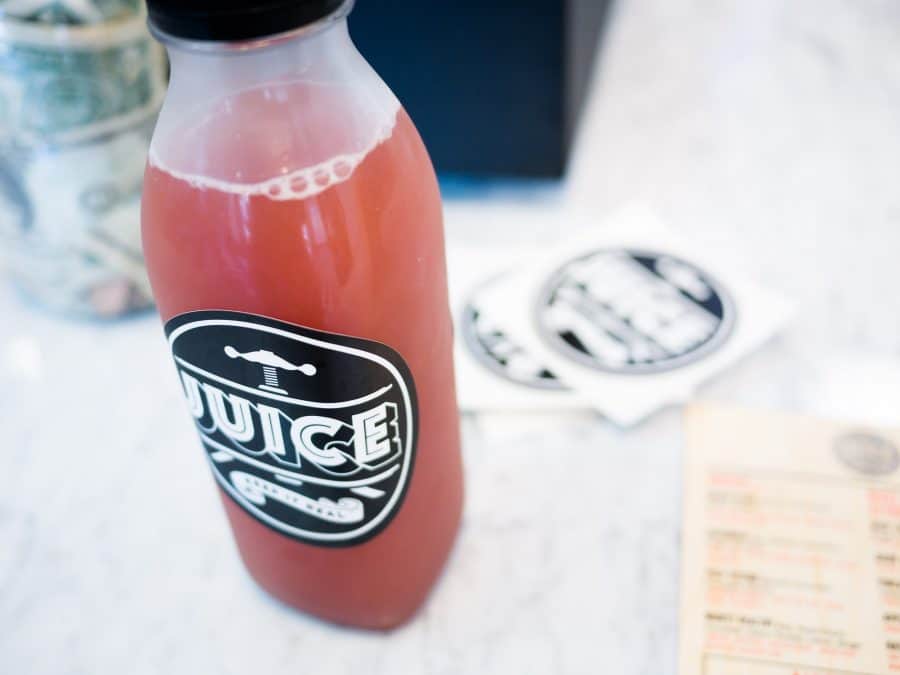Dollar General Stores learn a hard lesson about the cost of failing to comply with the Americans with Disabilities Act.
On September 16, 2016, a federal jury awarded a teenage ex-employee of the chain, Dollar General Stores, more than $277,566.00 in back pay and compensatory damages for her former employer’s violations of the Americans with Disabilities Act.
The teenager was a cashier who was an insulin-dependent diabetic. Diabetes is one of many disabilities specifically covered by the Americans with Disabilities Act.
In the fall of 2011, the cashier found herself alone at the register while the other cashier was on break. The employee felt herself about to have a hypoglycemic attack; which, if not resolved quickly could possibly lead to death for someone with her condition. She reached into the cooler, so as not to leave her post at the register, and drank a bottle of orange juice to bring her out of the attack. Once she stabilized, she paid the $1.69 plus tax for the bottle and returned to work.
After the incident, she went to her supervisor and asked to be allowed to keep a bottle of orange juice near her station in case the same thing should happen again. The supervisor told her that it was against store policy for her to have food or drinks at the register, so she complied, unaware that the policy allowed exceptions for people with medical needs. Months after the first incident, the cashier had another hypoglycemic attack and did the same thing as she had done months earlier, by taking and drinking the juice from the nearby cooler to normalize her blood sugar and then promptly paying for the drink when her condition had stabilized.
Shortly after the second episode occurred, Dollar General management came into that particular store and did a “shrinkage” audit, or in other words, they were investigating employee theft at the store. Several employees were terminated for violating a company policy called “grazing”. This was defined as an employee taking small items of food and/or drink for themselves without paying for them first. Someone tipped off the auditors that the teenage cashier had done the same thing. When confronted with the accusation, she told the managers what had happened and that she had indeed taken the juice, only to pay for it right after her situation was steadied. They fired her, even though they were aware of her medical condition and the fact that she had paid for the juice that she had taken.
The girl reported her termination to the Equal Opportunity Employee Commission (“EEOC”) and filed a charge of disability discrimination. The EEOC decided to litigate this case and the employee later joined the lawsuit. When it went to trial, the jury found that Dollar General had violated the Americans with Disabilities Act and that the diabetic teen was wrongfully terminated. Dollar General was ordered to pay $27,565 in back pay and $250,000 in compensatory damages.
The moral of the story is this: Employers- familiarize yourselves with the rights of your disabled employees or a $1.69 bottle of OJ may end up costing you a lot more than that. And we might add, try to simply do the right thing. Employees- take it upon yourself to become educated on your rights as an employee. There are laws in place to protect your job, even if you have a medical condition.



